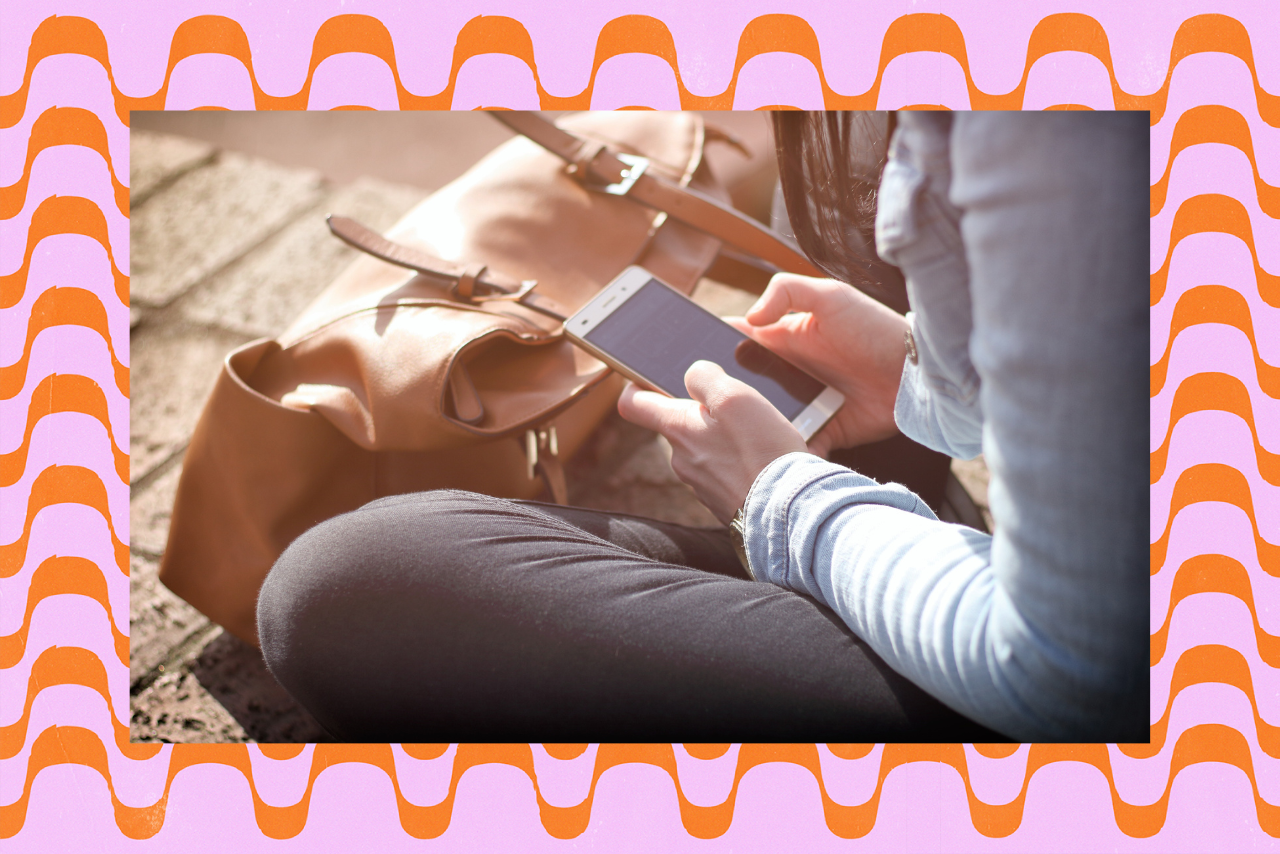The majority of the people that I am friends with (who aren’t in relationships) use at least one dating app. I, myself, use two: Hinge and Tinder. While I think these apps are fun, and I spend a fair amount of time playing around on them, I have begun to recognize the harmful impacts these might have on my, and other students’, images of themselves and beliefs about romantic relationships.
While Tinder and Hinge offer users lots of opportunities to share their interests on their profiles, I think it’s fair to say that a majority of matches are made based on physical appearance. There’s a reason these apps include photos as the first thing you see on each profile. Although I am ashamed to admit this, there have been people that I may have bonded with that I didn’t end up matching with due to me not liking their photos. While physical appearance and being attracted to your partner is important in a relationship, I am arguing that it is not the most important thing, and dating apps put it on a pedestal. No matter how much you may think you don’t care about physical appearance, when you see a user’s photos before reading their profile, I believe you have already made a decision on whether you want to “like” them, which may impact how you feel about their listed interests. If you find someone attractive, but their favorite activity is something you hate, you may decide it’s not a big deal when it would normally be unattractive to you. If you find someone unattractive but their favorite musician is the same as yours, you may not “like” them when you normally would be excited to talk to someone with that same interest.
While some organically (i.e not online) developed relationships may happen due to physical attraction, plenty of relationships start because of shared interests. You may meet someone at a club or in a class that you become close with that you wouldn’t normally have thought of yourself dating. Dating apps eliminate all possibility of that sort of connection by dismissing someone after one swipe of their pictures.
I also think dating apps can have a negative impact on the way we feel about ourselves. The other night, I was talking with one of my good friends. She was swiping on Tinder and “liked” two people in a row and said something about how embarrassed she was that she didn’t match with either of them. This caused me to think about my own swiping and realize that I could swipe for a half hour and only get one match, but she was used to matching with almost every other swipe. Does this mean I’m uglier than her? Is my profile not good enough? Am I doomed to receive less matches because of what I look like? This train of thought made me realize something major: isn’t the point of dating apps to find someone you’re compatible with? Why does it matter how many matches you have? Isn’t the goal to find someone (emphasis on “one”) to be with?
While the idea behind these apps should be quality over quantity, I don’t think it comes off, or is structured, that way. Many of these apps, namely Tinder, offer subscription plans that give paying users extra features. One of these features includes seeing people who “like” you before you swipe right or left on them. If you have the unpaid version of the app (like me), you can only see the number of likes, while the profiles themselves are blurred behind a paywall. Whenever you go to the Messages page, you’re faced with “99+ Likes” and a notification that lets you know how many people have “liked” you since you last opened the app. While it’s natural for humans to want to be wanted, and seeing that number of likes may feel validating, what are the impacts of having this sort of notification popping up whenever you open your phone? It feels to me like this is a slippery slope that can lead to reliance on that validation from other people.
So, what’s my point? Am I going to delete these apps? Maybe, but maybe not. Knowledge is power, so maybe recognizing these issues and trying to combat them can help me to utilize these apps for the better. There are pros, of course, or I wouldn’t have downloaded them in the first place, but are the cons stronger? I haven’t made my final decision yet. Overall, I think it’s important that any student using these apps knows that they are worthy of love and are beautiful the way they are, no matter how many “likes” or matches they receive.





